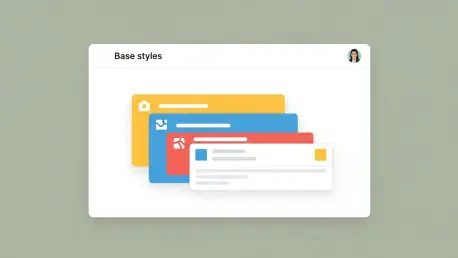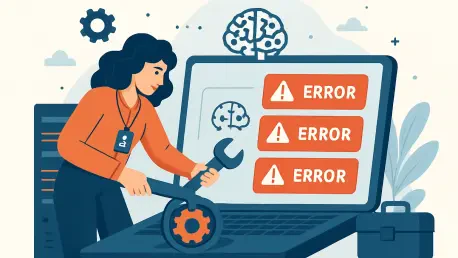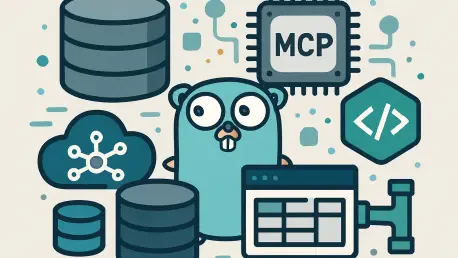
The journey from a groundbreaking idea to a fully functional AI-powered application has long been a path fraught with significant financial and technical barriers, often placing true innovation just beyond the reach of small business owners and solo entrepreneurs. In a strategic move to level the

The once-prohibitive cost of custom application development, which for years created a high barrier to entry for innovators and small businesses, has fundamentally crumbled under the weight of technological advancement. This transformation is not a gradual evolution but a rapid reshaping of the

As a leading expert in enterprise SaaS technology, Vijay Raina has spent years navigating the challenges of building scalable and maintainable software. He has seen firsthand how CSS, the foundational layer of the web's presentation, can become a source of immense complexity in large applications.

The seemingly magical intelligence of a Large Language Model agent that flawlessly executes complex tasks in a controlled demo can quickly evaporate into a series of catastrophic and costly failures when deployed into the chaotic reality of a live production environment. This guide provides a

Connecting sophisticated AI applications to diverse, proprietary data sources has quickly become one of the most significant bottlenecks in modern software development, often leading to a complex web of brittle, custom-built integrations. This challenge underscores the critical need for a

Deep within the complex architecture of modern data platforms, a subtle but significant risk often goes unaddressed until it manifests as a production-level crisis: the unchecked and unverified SQL query. These queries, which form the backbone of ETL pipelines, business intelligence dashboards, and